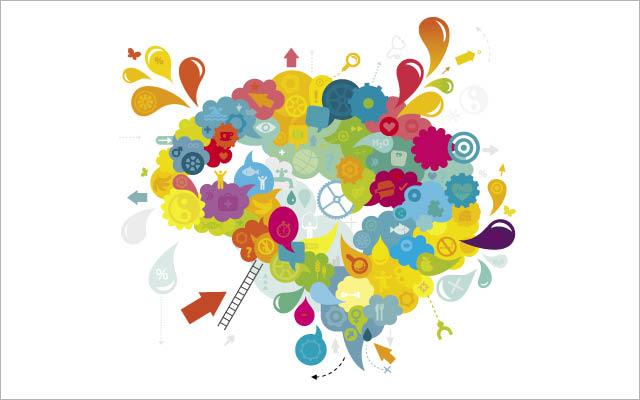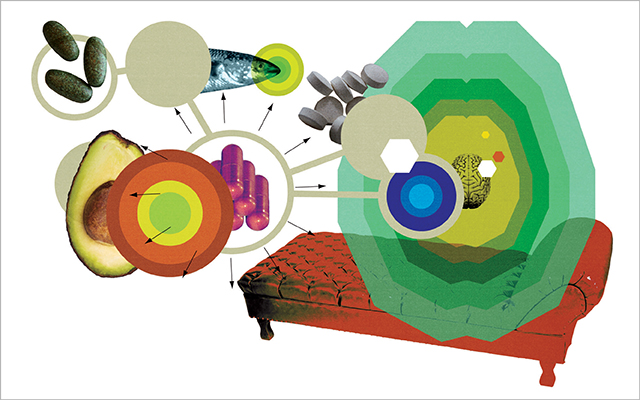I’ve been a psychiatrist for 30 years, and I remain an optimist about the human condition. I see it as our nature to be emotionally balanced and mentally healthy — or what’s often referred to as resilient. Though many things can deplete that resilience, I believe there is an innate capacity for self-healing within each of us. That’s what this column will focus on in the months ahead.
First, though, we have to understand the mental-health problem we are facing — and it’s a big one. Just consider these staggering numbers:
- 44 million Americans — about 13 percent of the population — currently live with a diagnosable mental-health disorder.
- Mental-health disorders are the among the most common health conditions affecting American children: A survey of teens shows that nearly half suffer from some sort of mental or emotional disorder, while one of every six children has been diagnosed with a neurodevelopmental issue, such as autism or ADHD.
- In one recent study, 42 percent of college students had been diagnosed with a mental-health condition.
- Between 1999 and 2017, suicide rates increased by 33 percent in the United States. They had been on the decline since World War II.
Mental illness is as old as human history. So why has it become a crisis today?
Lifestyle Factors Are Key
Some experts believe our genes account for up to 50 percent of the causes of mental illness, but our collective DNA changes so slowly that it can’t explain why mental-health issues have risen so quickly.
Science and common sense suggest a host of other causes, including these modifiable lifestyle choices:
- Diet: Many people eat more processed than whole foods, which affects brain chemistry.
- Movement: Regular exercise affects hormone regulation, yet most people are largely sedentary in their daily lives.
- Sleep: The linchpin of mental health, sleep is often the first thing many people skimp on.
- Stress: Whether stress is real or perceived, the reaction to it has significant health effects.
- Relationships: Social connection might be the most important factor for well-being — yet many people are lonelier than ever.
- Inflammation: If the body is inflamed, so is the brain — and this can cause depression.
- Gut health: Called “the second brain”; in many people, it’s compromised due to poor diet and chronic stress.
- Environment: Synthetic hormones, toxins, and electromagnetic frequencies (EMFs) are everywhere.
- Distraction: We carry ADHD-inducing machines in our pockets.
- Meaning: Without a sense of purpose, we can feel rudderless.
Mental Health Is Natural
To meet this crisis, we need an approach that is more holistic and accessible than what is commonly used today. I practice what I call “natural mental health,” an integrative blend of science, skills, and practices for optimizing well-being.
The paradigm for natural mental health is one of wholeness, building on strengths rather than focusing on pathology. We don’t ignore what is wrong, but we seek to understand the root causes before initiating treatment.
An integrative practice doesn’t mean we throw out the standard toolkit, which includes medication and psychotherapy. We expand upon it by drawing from a variety of other sources, including neuroscience, functional nutrition, plant-based medicine, and the psychology of mindfulness. Anything that works safely is worthy of consideration.
Self-care is central to this approach. We work with lifestyle medicine (addressing the factors above) to determine the underlying causes of illness and promote greater resilience for future prevention.
Imbalance may be found in the neurotransmitters, of course, but it can begin in the body as a whole: mind, heart, or soul. The inner life — creating meaning, purpose, and deep connections — is at least as important as brain chemistry in sustaining genuine mental health.
The goal is not simply to improve symptoms or even to prevent illness. It is to create a flourishing life. And that is possible for everyone.




This Post Has 0 Comments